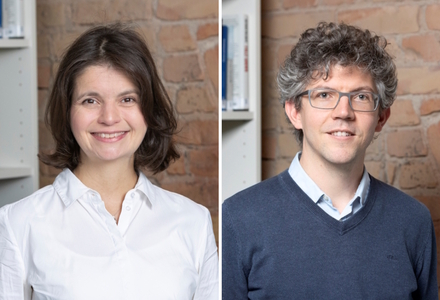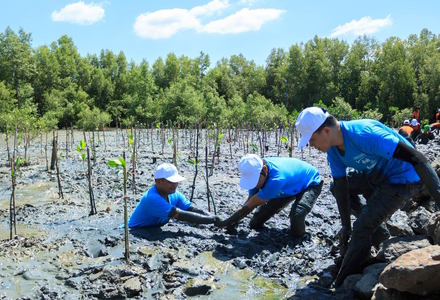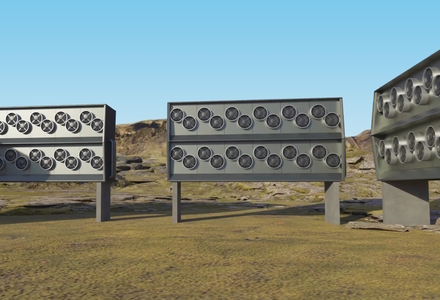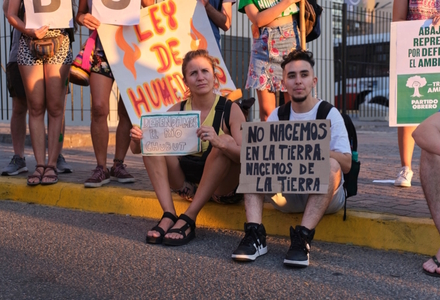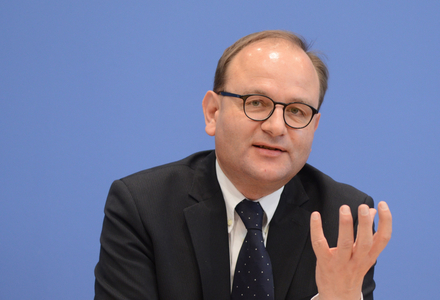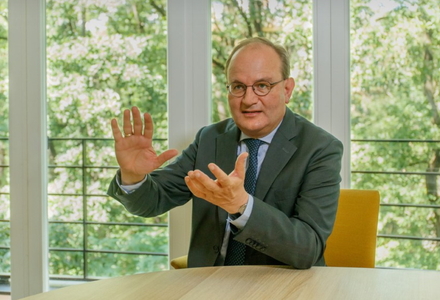Brigitte Knopf takes her leave after nine years to set up her own project in 2024. Director Ottmar Edenhofer: “She has made our interface with politics strong.”
Preparing for the global stocktake at COP28 in Dubai. Difference in measuring likely to skew climate targets. Net zero may be needed earlier than previously estimated.
Humankind is heading for a 3-degree Celsius world. William Lamb has led the chapter on global emissions in the UNEP Emissions Gap Report: “A trend reversal is yet to come”.
Climate scenarios require rapid development of novel methods. The speed is in line with developments in the past. Company and government announcements imply faster growth.
Researchers use big data methods to analyse 1.5 million short messages on X (Twitter). Insights can help prevent social conflict in the climate crisis.
Joint Science Conference of Germany’s federal and state governments signals permanent funding. Bundling of climate know-how from the basics to policy advice.
Raise the price of fossil fuels, and distribute the revenues back to the population in a targeted manner: a new study provides empirically based guidance for 16 countries.
The European specialist news service ENDS Europe names 30 personalities who provide important impetus for decision-making in green policy.
Almost 90 percent cost reduction within ten years. Other fossil-free solutions also much cheaper. MCC-led study on the effect of technology and product innovation.
New body launched today at Germany’s Federal Ministry of Education and Research. It deals with the goals, milestones and priorities for research and innovation policy.




